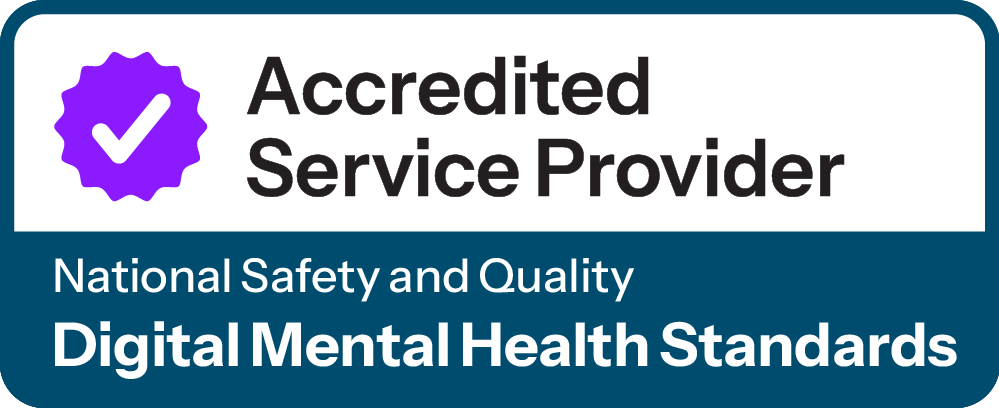ReachOut Australia, the digital entry point to the mental health system for young people and their parents, has welcomed the Turnbull Government’s $15 million investment in mental health research announced as part of its Budget measures, but said the funding for youth research must focus on the role of technology if it is to be effective.
ReachOut CEO Jono Nicholas said, ‘I congratulate Minister Hunt for the comprehensive investment in mental health in this Budget, including the funding for youth mental health research. The devastating reality is that suicide is the leading cause of death for young people. Mental health remains the most pressing health issue, with many young people either delaying help-seeking or seeking no help at all.
‘Current research underscores the need to prioritise digital mental health services for young people. The new research funded in this Budget must focus on how to use technology and create innovative models that integrate digital services into the broader mental health services system.’
Recent research identified the internet as an important source of information for young people with a mental illness, highlighting the need to ensure greater access to evidence-based online support.
ReachOut’s own research released last year surveyed 2000 young people aged 16–25 who accessed ReachOut’s digital support four times over a three-month period. The research found the majority of users came for support with anxiety and depression, that 69 per cent said ReachOut.com made it easy for them to help themselves, and that around two-thirds said ReachOut’s practical suggestions and tools helped them understand their experience.
Mr Nicholas said that digital mental health services provide many benefits: they are scalable, offering an opportunity to help high numbers of young people; they are cost-effective, providing help quickly and efficiently to high numbers of young people with little investment; and they can reduce blockages and take pressure off the service system.
‘When it comes to youth mental health, we must think differently. We have an opportunity to use technology to help more young people help themselves, to intervene earlier, and most importantly to do this in a space where they feel comfortable,’ Mr Nicholas said.
ENDS
 
ReachOut CEO Jono Nicholas said, ‘I congratulate Minister Hunt for the comprehensive investment in mental health in this Budget, including the funding for youth mental health research. The devastating reality is that suicide is the leading cause of death for young people. Mental health remains the most pressing health issue, with many young people either delaying help-seeking or seeking no help at all.
‘Current research underscores the need to prioritise digital mental health services for young people. The new research funded in this Budget must focus on how to use technology and create innovative models that integrate digital services into the broader mental health services system.’
Recent research identified the internet as an important source of information for young people with a mental illness, highlighting the need to ensure greater access to evidence-based online support.
ReachOut’s own research released last year surveyed 2000 young people aged 16–25 who accessed ReachOut’s digital support four times over a three-month period. The research found the majority of users came for support with anxiety and depression, that 69 per cent said ReachOut.com made it easy for them to help themselves, and that around two-thirds said ReachOut’s practical suggestions and tools helped them understand their experience.
Mr Nicholas said that digital mental health services provide many benefits: they are scalable, offering an opportunity to help high numbers of young people; they are cost-effective, providing help quickly and efficiently to high numbers of young people with little investment; and they can reduce blockages and take pressure off the service system.
‘When it comes to youth mental health, we must think differently. We have an opportunity to use technology to help more young people help themselves, to intervene earlier, and most importantly to do this in a space where they feel comfortable,’ Mr Nicholas said.
ENDS
 






